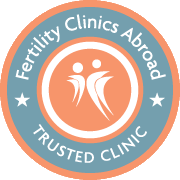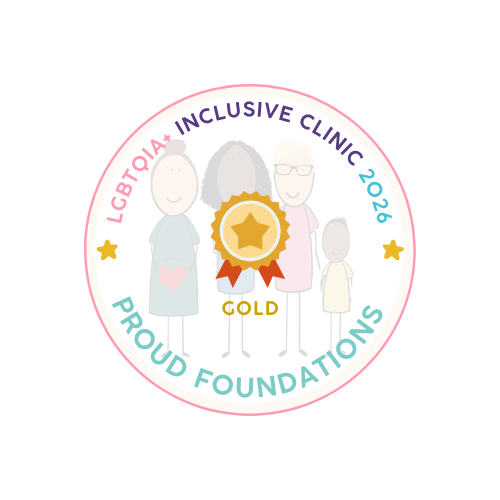Embryo Research & IVF: What You Need to Know in Greece
by Dimitra Paggea, last updated 11 Aug 2025,
3 min read
Thinking about starting a family through IVF? Or maybe you’re just curious about what happens behind the scenes with embryo research? You’re not alone! These are big topics, but don’t worry—here’s a simple guide to help you understand the basics, especially how things work in Greece.
What is Embryo Research and IVF?
- Embryo research means scientists study tiny early-stage embryos, mostly to learn more about health, fertility, and how to treat certain diseases.
- IVF (in vitro fertilization) is a process where eggs and sperm meet outside the body to help couples have a baby.

What’s Allowed in Greece?
Greece is actually quite open when it comes to helping people have families, but there are still important rules in place:
- Scientists can do research on embryos, but only for medical reasons—like improving fertility treatments or learning about certain illnesses.
- Any embryos used for research must come from IVF treatments (not created just for research), and only if the parents give their legal permission.
- There are special committees that double-check all research protocols to make sure it’s safe and respectful.
The Big Ethical Questions
Protecting Embryos
- In Greece, embryos are treated with care and respect. If they’re used in research, it’s only under strict conditions and with full consent from the parents.
Medical Progress vs. Respect for Life
- Some people are excited about what science can do to help families and treat diseases.
- Others feel it’s important to always protect embryos and be careful about how science moves forward.
- The good news? There are rules in place to keep things balanced.
What Happens to Extra Embryos?
- IVF often creates more embryos than are actually used.
- These extra embryos can be frozen for later, donated for research, or, in some cases, not used at all.
- Every step requires the parents’ permission, and everything is done with care.
IVF in Greece: What You Should Know
- IVF is legal and widely available in Greece.
- Egg and sperm donation are allowed, but always with strict privacy and consent rules.
- People in Greece are generally supportive of IVF, and there’s lots of helpful information and support out there.
What Does This Mean for You?
- If you’re thinking about IVF in Greece, it’s a good idea to talk to a clinic early on so you know your options.
- Clinics offer great advice and can answer all your questions about embryos, research, and what’s right for you.
- Take time to think about your own feelings and beliefs—there’s no “one right way,” just what feels best for you and your family.
Final Thoughts
Greece is a welcoming place for families who need a little help from science. The laws are designed to help people while also respecting life and keeping things ethical.
If you’re on the journey to parenthood, you’re in good hands—and you have lots of support every step of the way! You can book your free medical consultation with our medical team to guide you through this process!

Dimitra Paggea, BSc, MSc
Dimitra is an Embryologist working in the IVF laboratory and a member of the scientific team of Newlife IVF Greece.











